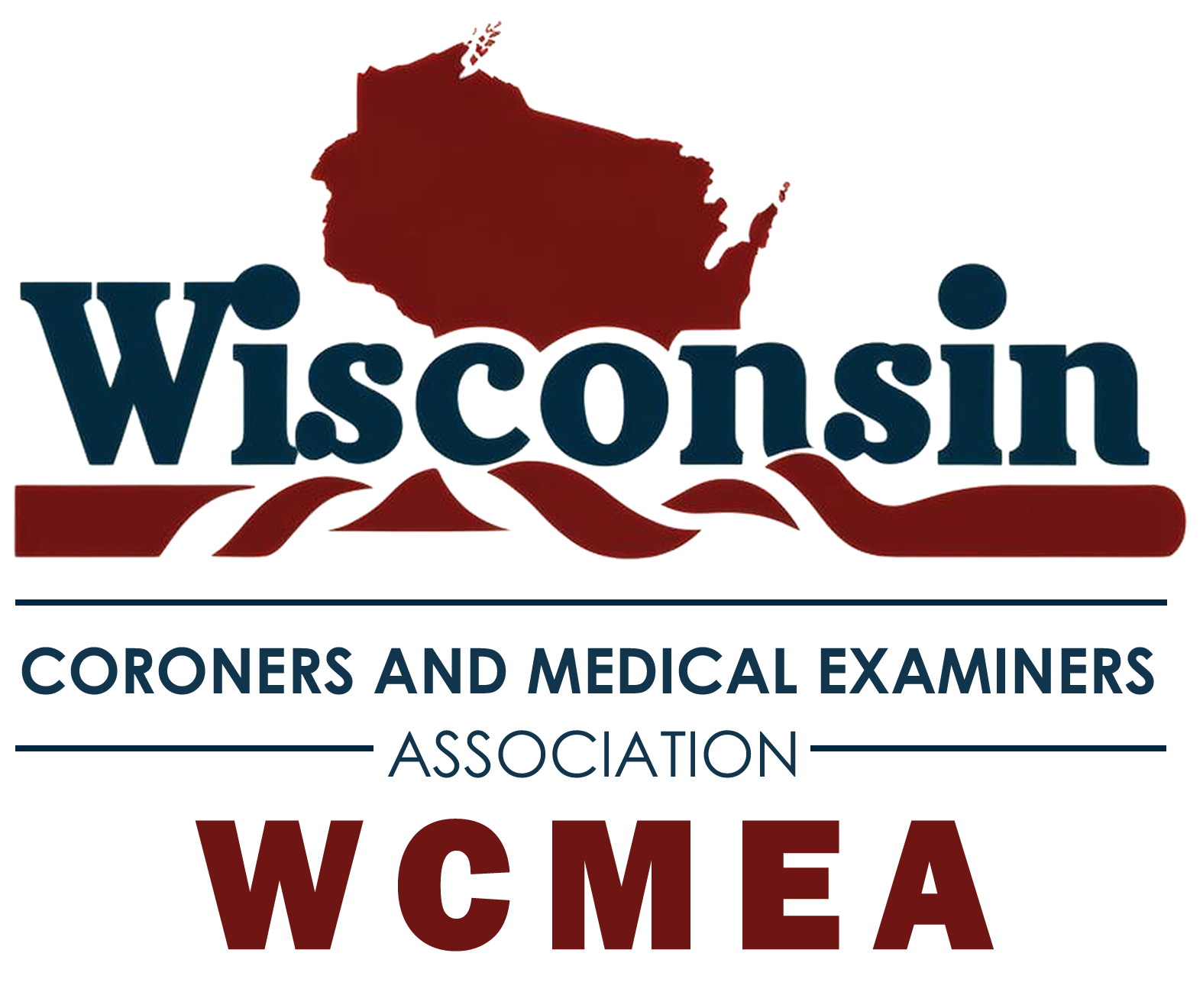Legislation Updates for Wisconsin Coroners and Medical Examiners
Stay informed with the latest legislative developments impacting coroners and medical examiners in Wisconsin. Explore detailed insights and updates on current and upcoming bills.
Pending Legislation Overview 2023
Key Legislative Changes for 2023
The document is a public hearing notice from the Wisconsin State Assembly Committee on Health, Aging, and Long-Term Care, dated August 10, 2023. It outlines six proposed bills, all introduced by the Joint Legislative Council, related to improving death certification and review practices in Wisconsin:
- Assembly Bill 184 – Proposes adding more detailed occupation information to death records.
- Assembly Bill 185 – Requires that all medical certifications of death be submitted through Wisconsin’s electronic vital records system.
- Assembly Bill 186 – Recommends training for individuals responsible for completing and signing medical death certificates.
- Assembly Bill 187 – Directs the Department of Health Services to establish and promote best practices for coroners and medical examiners.
- Assembly Bill 188 – Creates a framework for fatality review teams and grants rule-making authority to implement this system.
- Assembly Bill 189 – Requires facilities to notify a coroner or medical examiner if a death occurs within 24 hours of a patient being admitted or presented.
The hearing was scheduled for 9:30 AM in Room 417 North (GAR Hall), with Representative Clint Moses listed as the chair of the committee. The proposed legislation aims to improve accuracy, oversight, and consistency in death investigations statewide.
Pending Legislation Overview 2017
2017 C/ME Bill
The 2017 Wisconsin legislative proposal aimed to reform the state’s death investigation system by introducing standardized licensing and oversight for medical examiners and related personnel. Key components of the bill included:
- Licensing Requirements: Mandating that individuals performing death investigations, including medical examiners and their staff, obtain a state-issued license. Coroners and certain accredited medical examiners were exempted.
- Establishment of a Governing Board: Creating the Medicolegal Investigation Examining Board to oversee licensing, set educational standards, and provide training.
- Training Provisions: Requiring existing non-accredited personnel to complete 40 hours of education, with provisions for waivers based on prior credentials. New appointees would need to complete training within 18 months.
- Operational Reforms: Implementing procedures for handling personal property at death scenes, setting guidelines for cremation permits, and clarifying rules for disinterment and reinterment of bodies.
- Access to Records: Allowing coroners and medical examiners to access mental health treatment records of the deceased without informed consent for death investigations.
The bill sought to enhance the professionalism and consistency of death investigations across Wisconsin. For more details, the full text of the proposal is available on the WCMEA website.
Pending Legislation Overview 2017
AB335 Proposal
Assembly Bill 335, introduced in the Wisconsin Legislature in 2023, proposes stricter measures for candidates convicted of felony violations related to campaign finance or election fraud laws. Specifically, if a candidate is found guilty of such offenses during their candidacy, the court is mandated to:
- Assembly Bill 184: Proposes adding additional occupation information fields to death records to improve data collection and public health analysis
- Terminate the candidate’s campaign committee in accordance with state statutes.
- Appoint a new treasurer to manage the dissolution of the committee.
- Ensure that any remaining funds are used to pay outstanding debts and that residual funds are either returned to donors (not exceeding the original contribution) or donated to the common school fund.
- Prohibit the return of personal contributions to the candidate and restrict access to the committee’s funds by both the candidate and the former treasurer.
- Notify the Wisconsin Ethics Commission of all actions taken under this provision
This legislation aims to uphold the integrity of the electoral process by ensuring that candidates who violate election laws cannot benefit from campaign funds post-conviction.

